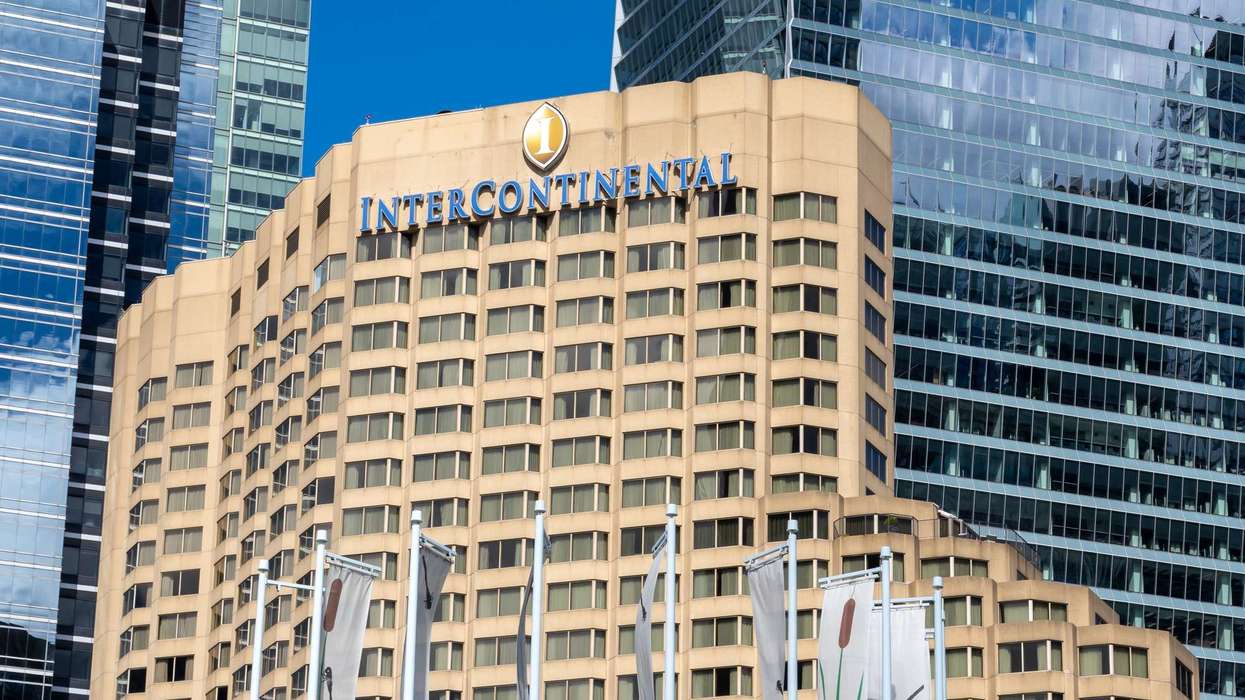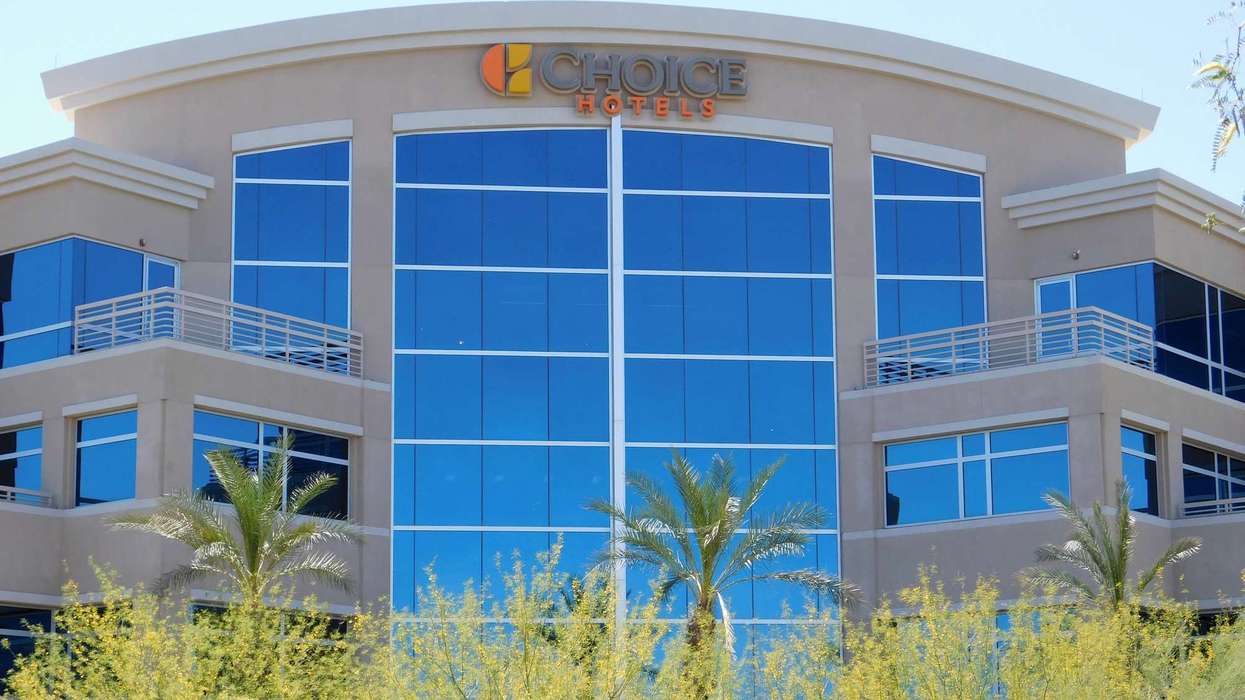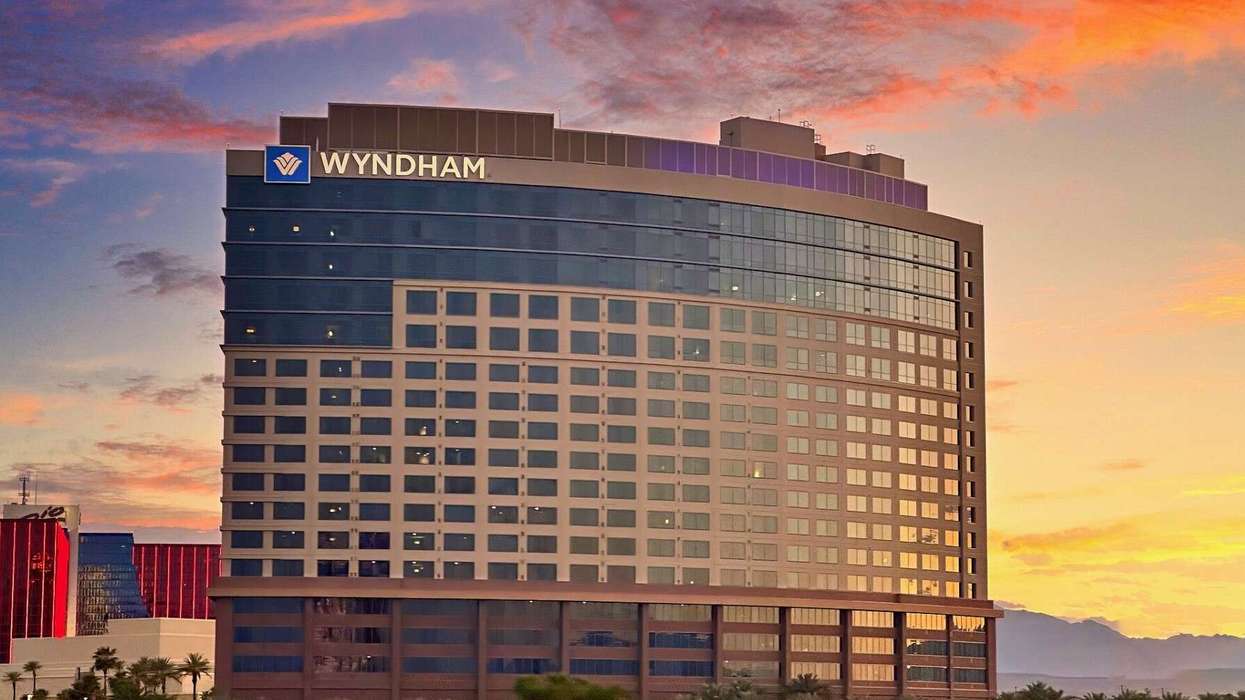THE U.S. HOTEL industry started 2020 with increases in RevPAR in January, rates and occupancy, according to STR. However, concerns linger over the impact of the COVID-19 coronavirus on business.
Occupancy increased 0.8 to 55.1 percent in January, while ADR and RevPAR rose 1.4 percent to $126.06 and 2.2 percent to $69.47 respectively.
“The obvious concern is whether we will see coronavirus effects on U.S. performance that is already forecasted to be lackluster for 2020,” said Jan Freitag, STR’s senior vice president of lodging insights. “To this point into February weekly data, there has not been a noticeable impact, but that is expected to change at some point amid a significant drop in Chinese arrivals, especially in gateway cities. As of right now, STR’s 2020 RevPAR forecast for the U.S. remains at zero percent.”
Among the top 25 markets, 19 recorded an increase in RevPAR.
Super Bowl LIV host Miami/Hialeah posted the highest RevPAR jump, up 18.6 percent to $215.89, driven by the only double-digit lift in ADR, up 14.5 percent to $266.32.
St. Louis saw the highest rise in occupancy, up 7.6 percent to 49.6 percent and the second-largest increase in RevPAR, up 14 percent to $49.69.
Oahu Island, Hawaii, reported the only other double-digit increase in RevPAR, up 12.9 percent to $223.33.
Detroit registered the largest RevPAR drop, down 13.7 percent to $50.60, primarily due to the only double-digit ADR decrease, down 12.2 percent to $96.28.
In contrast with Miami, last year’s Super Bowl host Atlanta recorded the largest decline in occupancy, down 4.8 percent to 62.4 percent. RevPAR in the market dropped 12.3 percent to $71.97.
The U.S. hotel occupancy was up 0.6 percent in December to 54.4 percent.




